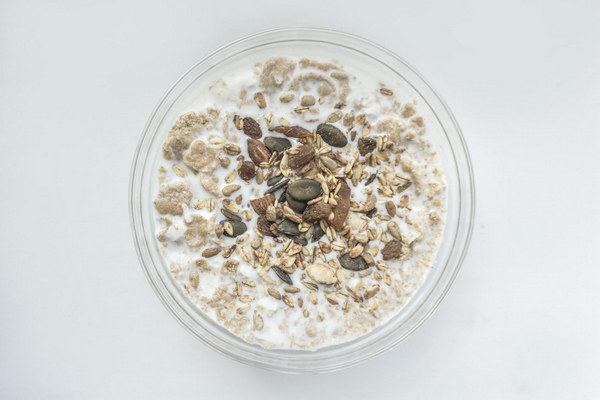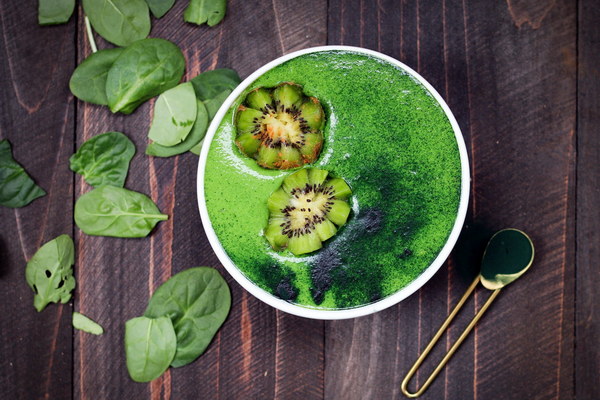Navigating Fever and Chills Natural Remedies for Comfort and Recovery
Fever and chills are common symptoms that can arise from a variety of conditions, ranging from the common cold to more serious illnesses. When you're struck with these symptoms, it's essential to understand how to manage them effectively to ensure a smooth recovery. Here, we delve into the causes of fever and chills, and offer natural remedies to help you find relief and comfort.
Understanding Fever and Chills
Fever is the body's natural response to infection, as it aims to create an environment that is less hospitable for pathogens. Chills, on the other hand, are caused by the body's attempt to raise its temperature to reach the fever threshold. While both symptoms can be uncomfortable, they are often signs that your immune system is working hard to fight off an illness.
Causes of Fever and Chills
1. Infections: Viral, bacterial, and fungal infections can lead to fever and chills, including the common cold, flu, and urinary tract infections.
2. Inflammatory diseases: Conditions such as arthritis, inflammatory bowel disease, and lupus can cause fever and chills.
3. Autoimmune disorders: Conditions like multiple sclerosis and rheumatoid arthritis can trigger fever and chills as part of their symptoms.
4. Medications: Certain medications, such as antibiotics, can cause fever and chills as a side effect.
Natural Remedies for Fever and Chills

1. Rest: Give your body the opportunity to rest and recover by ensuring you get plenty of sleep and avoid strenuous activities.
2. Hydration: Drink plenty of fluids, such as water, herbal teas, or broths, to stay hydrated and support your immune system.
3. Warm Compress: Apply a warm compress to your forehead, neck, or armpits to help alleviate chills. Alternatively, you can take a warm bath or shower to relax your muscles.
4. Cool Compress: If you're experiencing high fever, a cool compress can help lower your body temperature. Apply it to your forehead, neck, or back of the neck.
5. Clothing: Dress in layers to adjust to changes in body temperature. Remove layers as you become too warm, and add them back as you start to feel cold.
6. Natural Pain Relievers: Use natural pain relievers such as ginger, turmeric, or willow bark to help reduce inflammation and fever.
7. Essential Oils: Peppermint, eucalyptus, and lavender essential oils can be used for their cooling and soothing properties. Add a few drops to a diffuser or apply them topically (diluted with a carrier oil) to alleviate symptoms.
8. Honey and Lemon: A mixture of honey and lemon in warm water can help soothe a sore throat and provide hydration.
9. Garlic: Garlic has been used for centuries as a natural antibiotic. Adding fresh garlic to your meals or consuming it raw can help boost your immune system.
10. Probiotics: Probiotics can help support your gut health and strengthen your immune system. Consider incorporating probiotic-rich foods like yogurt, kefir, or fermented vegetables into your diet.
When to Seek Medical Attention
While natural remedies can provide relief for fever and chills, it's crucial to know when to consult a healthcare professional. Seek medical attention if:
- Your fever lasts for more than three days.
- You experience a severe headache, stiff neck, or confusion.
- You have difficulty breathing, persistent vomiting, or severe abdominal pain.
- Your fever is accompanied by a rash.
- You have a pre-existing health condition that may worsen with fever and chills.
Remember, while natural remedies can help alleviate symptoms and support your recovery, they should not replace medical advice and treatment. Always consult with a healthcare professional for personalized guidance and care.
In conclusion, managing fever and chills involves a combination of rest, hydration, and natural remedies. By understanding the causes of these symptoms and implementing these strategies, you can help your body fight off illness and return to good health.









